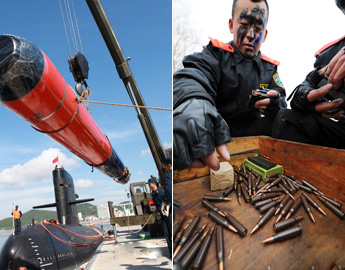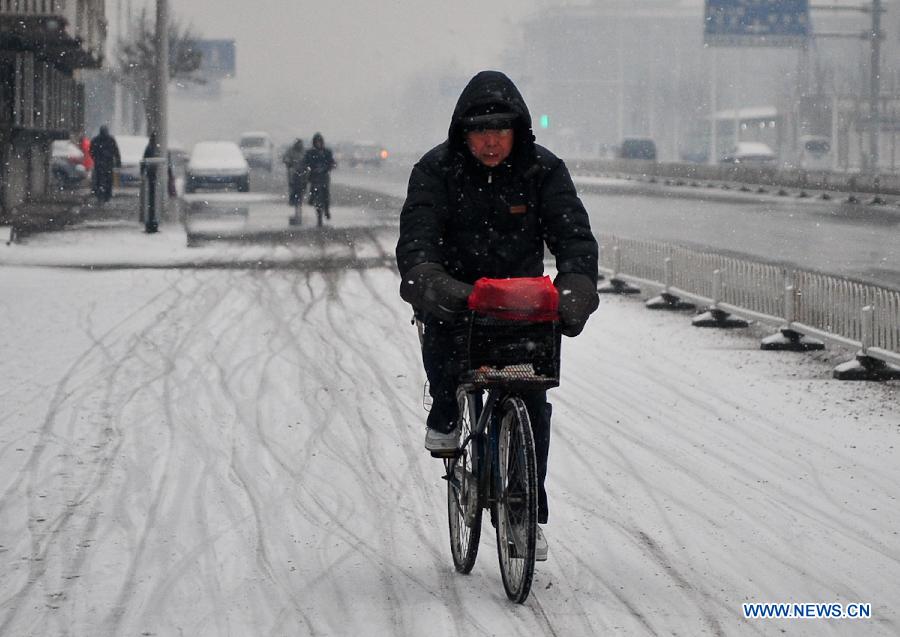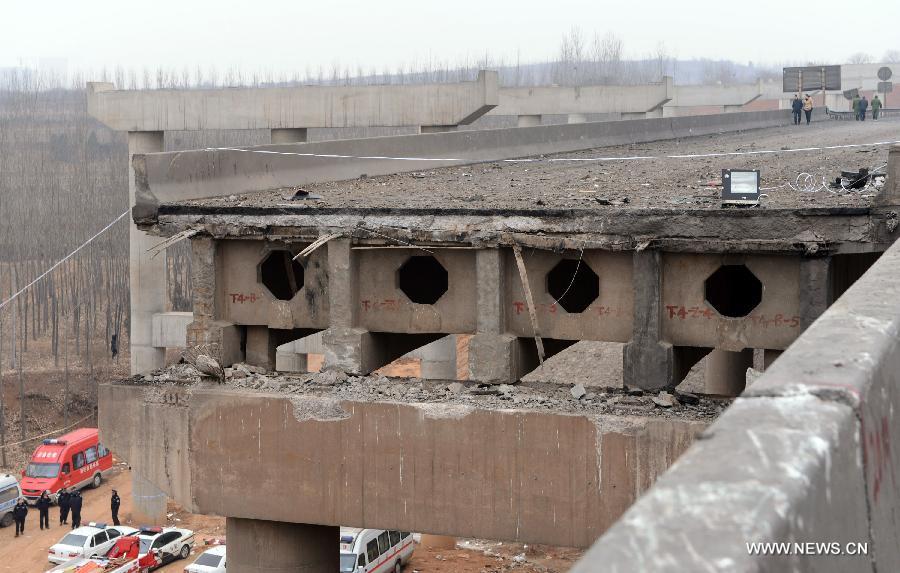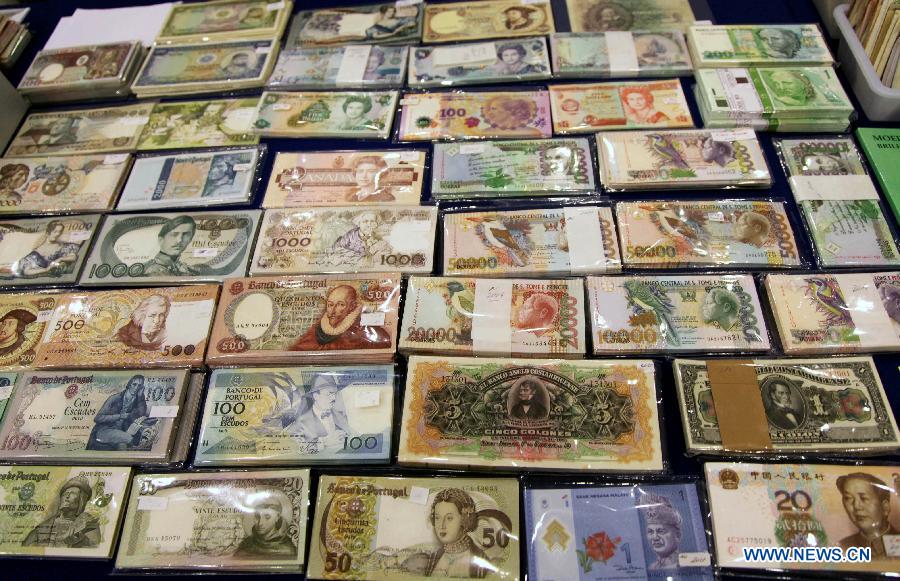
The rest part of the country still uses National Standard III, which allows the maximum sulfur content to hit 150 ppm.
Fu's remarks quickly aroused public contention, with Zhao Jingwei, a Beijing-based lawyer specializing in environmental protection, arguing that Sinopec is trying to pass the buck, while it actually has control over how the national standard is revised, the Legal Daily reported Friday.
Sinopec could not be reached for comment on Sunday.
China National Petroleum Corporation, another major State-owned refiner, has yet to respond to the public outcry against poor oil quality.
Sinopec's surprise announcement on Friday also reinforces concerns about price hikes in gasoline.
"Oil refining firms would certainly pass on to consumers the rising costs of upgrading oil quality," Lin Boqiang, director of the Center for Energy Economics Research at Xiamen University, told the Global Times Sunday.
Sinopec would have to spend big to upgrade its facilities, which could translate into a price hike of around 0.35 yuan (6 cents) per liter of gasoline if National Standard IV is adopted nationwide, predicted Chen Qing, an oil product analyst with Shandong-based commodity consultancy Sublime China Information Co.
Over 200 billion yuan have been invested in upgrading related facilities in the past few years, Lü Dapeng, a spokesperson for Sinopec, told the Global Times last week, calling for policy stimulus measures from the government to help allay the cost pressure on the refiner.
Restructuring the country's energy sector to favor the use of clean energy will be of vital importance in handling the issue, Lin said.

















 H.K. limits visitors' buying of infant formula
H.K. limits visitors' buying of infant formula


![]()
